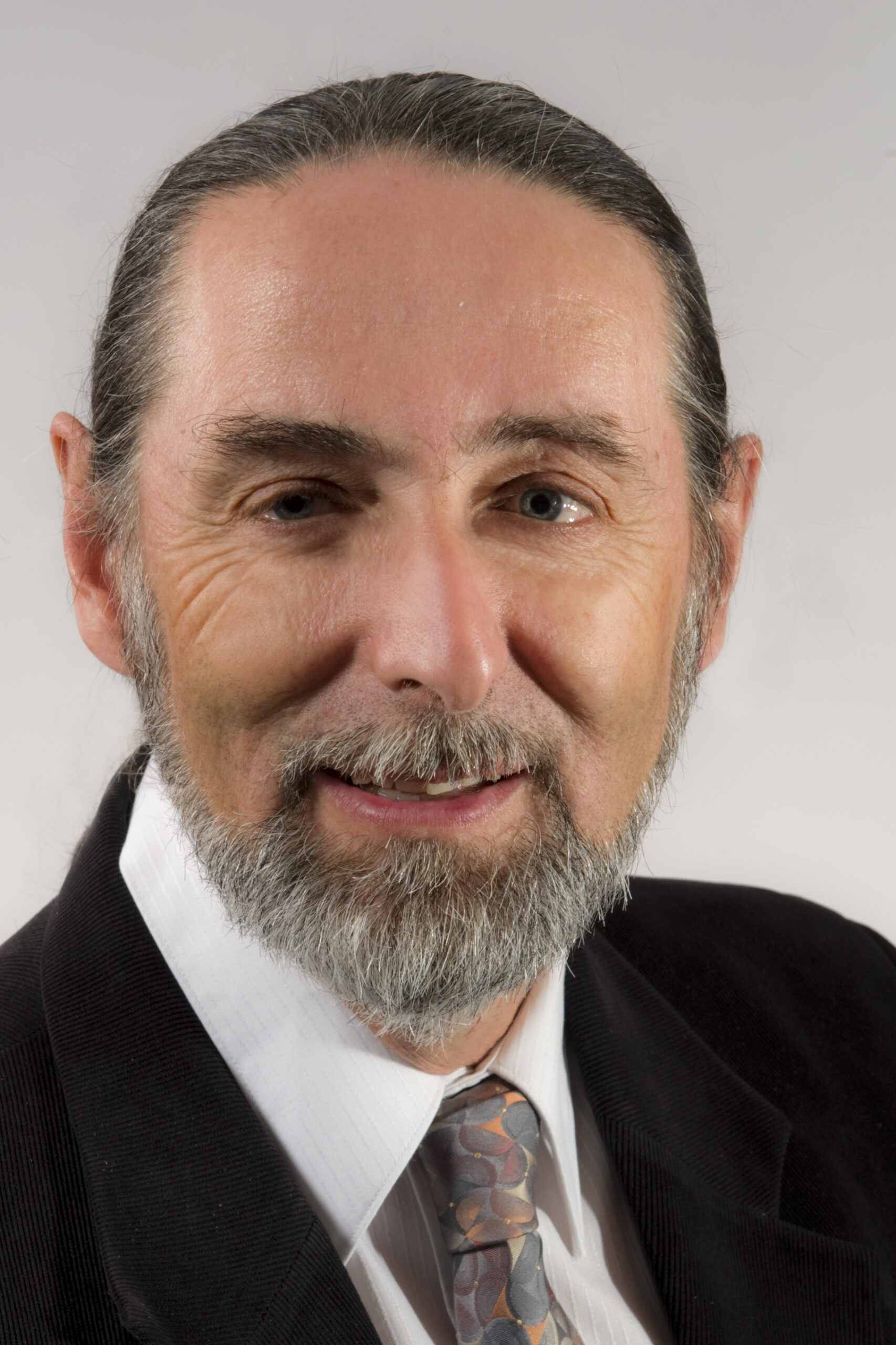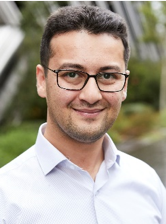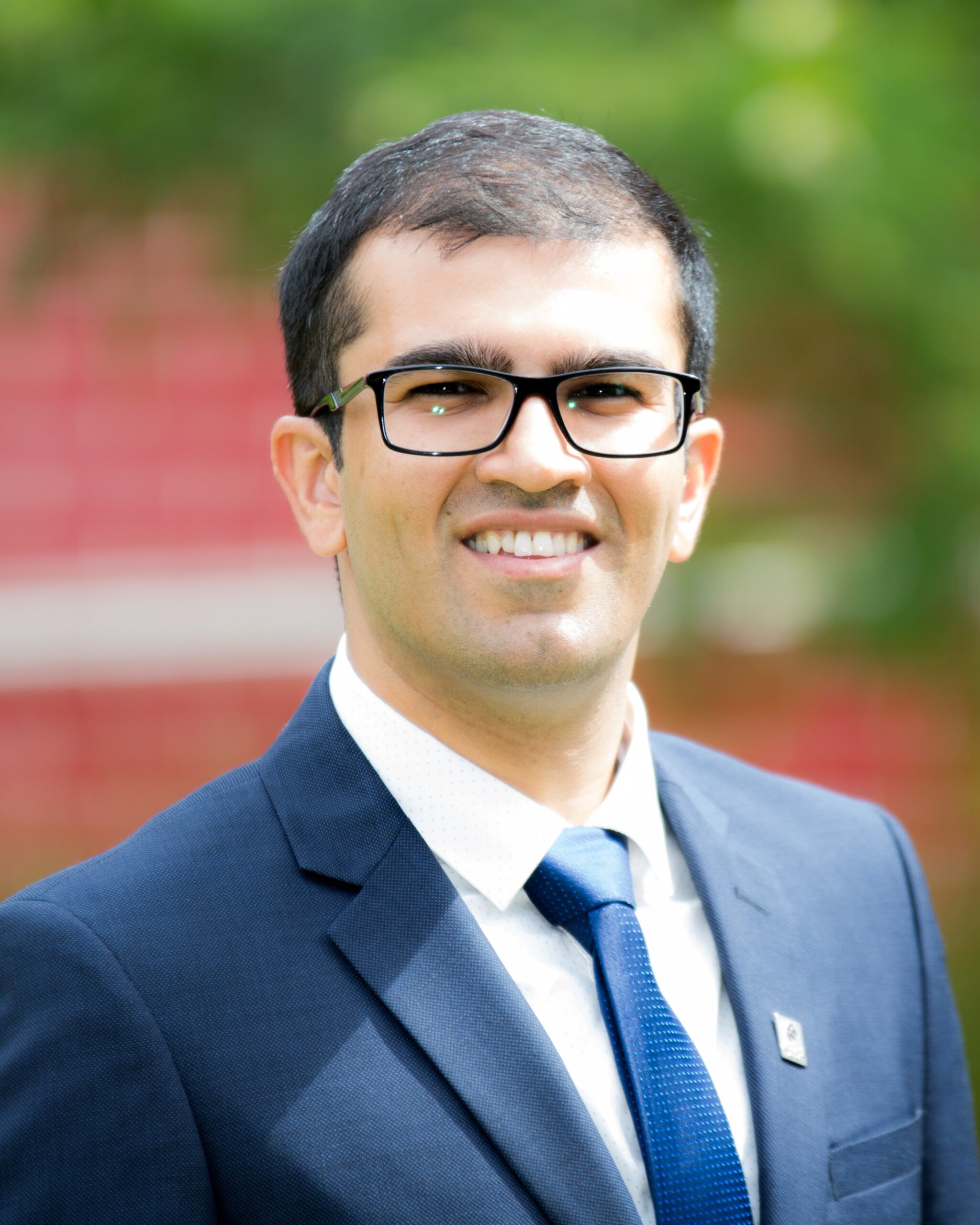Tutorial 1
Advanced Digital Current Regulation Strategies for Grid-Connected Inverters

Prof. Grahame Holmes
RMIT, Australia
Current regulation plays a key role in power electronic conversion systems. While the central concept is straightforward, i.e. minimise the error between a target and a measured current, achieving this outcome in practice for AC systems has proved to be very challenging. The issues become especially important for grid connected inverters, where low per-unit (p.u.) filter inductances, unbalanced grid voltages with harmonics, a preference for digital implementation, and PLL stability concerns, create unique current regulation challenges.
This tutorial will present the current state-of-the-art for digital current regulation of grid connected AC converter systems. It will begin by identifying how PWM sampling delays are the primary constraint for a current regulator, and then show how they can be overcome using stationary frame PR or d-q synchronous frame implementation, together with an analytical approach to calculate gains. These concepts will then be extended to current regulation for grid connected inverters, looking at implementation in the z-domain, gain determination for low p.u. (LCL) filters, modulation saturation, and the effect of common mode EMI filtering. Issues such as grid harmonics, unbalanced grid voltages and high impedance grid networks, will then be explored using cascaded PR and positive/negative sequence current regulators. Finally, the tutorial will present a new approach for current regulation that resolves many phase locked loop limitations. All theoretical material presented is supported by detailed matching simulations and experimental confirmation.
Professor Grahame Holmes graduated from the University of Melbourne in 1974, and has a Masters degree in power systems engineering, and a PhD in PWM theory for power converters. For 26 years he was an academic at Monash University, working in the area of Power Electronics, where he established the Power Electronics Research Group to support graduate students and research engineers working together on a mixture of theoretical and practical R&D projects. The interests of the group include fundamental modulation theory, current regulators for drive systems and PWM rectifiers, active filter systems for quality of supply improvement, resonant converters, current source inverters for drive systems, and multilevel converters. From 2010 to 2020, until his retirement, he held the position of Innovation Professor – Smart Energy at RMIT University, where he expanded his research activities into applications of power electronics for Smart Grids and Smart Energy technologies. He is now an Honorary Professor at RMIT.
Professor Holmes has a strong commitment and interest in the control and operation of electrical power converters. He has made a significant contribution to the understanding of PWM theory through his publications and has developed close ties with the international research community in the area. He is has published over 300 papers at international conferences and in professional journals, and has published a major reference book on Pulse Width Modulation of Power Converters which is now recognised as a seminal work in the area. He is a Fellow of the IEEE and continues to be an active member of the IEEE Power Electronics Society and Industrial Applications Society.
Tutorial 2
Transforming distributed energy resources into valuable grid assets: Methods, technologies, and requirements

Dr. Reza Razzaghi
Monash University, Australia

Dr. Mohsen Khorasany
Monash University, Australia
The transition to a low-carbon, climate-resilient, and sustainable future hinges on the decarbonisation of the energy sector. Integrating Distributed Energy Resources (DER) into power systems will expedite this process, contributing to the global goal of maintaining temperature rise below 1.5°C above pre-industrial levels. However, the grid infrastructure is designed to deliver large-scale centralised generation to consumers rather than to integrate millions of consumer owned energy resources. Hence, the challenge is to coordinate large volumes of small-scale energy resources and integrate them into existing energy networks without undermining their integrity. Coordination of these grid-edge resources will unlock additional values which make a major contribution to energy sector decarbonisation. This tutorial will explore various DER coordination methods, focusing on system characteristics and the design requirements of coordination frameworks. The tutorial covers topics including impact of DER integration on power system operation, technical and market integration of DER, requirements for DER coordination, and network-aware coordination methods. Real-world case studies and project demonstrations will be presented to illustrate the concepts discussed.
Reza Razzaghi received the Ph.D. degree in electrical engineering from the Swiss Federal Institute of Technology of Lausanne (EPFL), Lausanne, Switzerland in 2016. In 2017, he joined Monash University, Melbourne, Australia, where he is currently a Senior Lecturer with the Department of Electrical and Computer Systems Engineering and an ARC DECRA fellow. His research interests include distributed energy resources, power system protection, dynamics and transients. He has been the recipient of the 2019 Best Paper Award of the IEEE Transactions on EMC and the 2013 Basil Papadias Best Paper Award from the IEEE PowerTech Conference.
Mohsen Khorasany received Ph.D. degree in Electrical Engineering from the Queensland University of Technology. He is an energy expert with over a decade of experience driving transformative initiatives in the energy sector, specialising in secure integration of DER. Currently, he works with AEMO as a Senior Analyst in the Reform Delivery division, shaping market design and policy development for DER integration. He also serves as a Research Fellow at the Department of Electrical and Computer Systems Engineering, Monash University. His research focuses on DER integration, power systems optimisation, electricity market design, peer-to-peer trading, transactive energy systems, and distributed optimisation.
Tutorial 3
Distribution System Modelling Fundamentals

Dr. Rahmat Heidarihaei
CSIRO, Australia
Modelling unbalanced multi-conductor distribution systems is crucial for assessing and improving grid performance and reliability at the local level. Unlike traditional transmission system modelling, which focuses on balanced three-phase networks, distribution system models need to account for phase unbalance. Phase unbalance occurs due to unbalanced loading, such as single-phase loads or generators connected to a three-phase network, or unequal branch impedance caused by non-transposed conductors with non-equilateral geometry.
Distribution system modelling involves creating mathematical representations that include network components like transformers, lines, and loads, to simulate power flow and voltage profiles. The physics of power flow in networks with phase unbalance is described using Kirchhoff’s circuit laws, where impedance matrices account for both self-impedance (diagonal) and mutual impedances (off-diagonals) between conductors. Physics-based distribution system models are important for making informed decisions about grid expansion, equipment sizing, and operational strategies to enhance efficiency and resilience.
Additionally, optimal power flow (OPF) techniques are integrated into these models to determine the most efficient operating conditions. OPF helps minimise power losses, manage voltage levels, and optimise the use of distributed energy resources. By leveraging OPF, distribution system models can better handle the complexities of unbalanced conditions, ensuring stable and cost-effective grid operation.
Dr Rahmat Heidari is a Senior Research Scientist at CSIRO with expertise in energy systems modelling, optimization, and power flow analysis. He believes improved network operations and planning are crucial steps in effectively decarbonising the energy system and that network data cleaning, physics-based optimization models, and system identification engines are critical enabling technologies. He holds a PhD in Electrical Engineering from the University of Newcastle, Australia, and has served in various roles at CSIRO, such as subject matter expert in global power system transformation.




